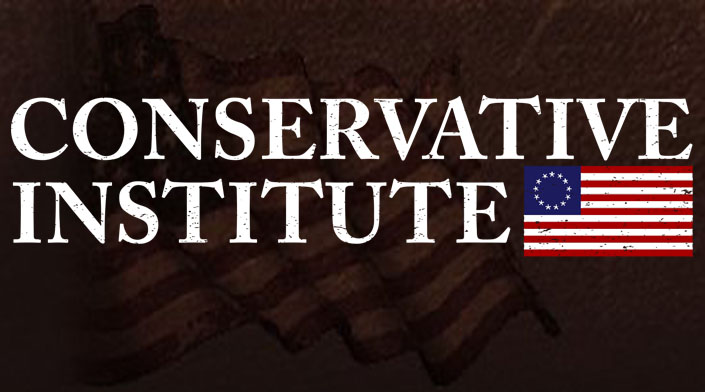Supreme Court allows Trump to proceed, for now, with firing of Democratic FTC official
In March, President Donald Trump fired two Democratic members of the Federal Trade Commission, which predictably prompted a lawsuit and an order from a federal judge for one of those fired commissioners, Rebecca Slaughter, to be reinstated.
On Monday, however, the Supreme Court granted a request from the Trump administration for a stay, or temporary pause, of the lower court's ruling, according to Breitbart.
That order means that the government may proceed with the termination of Slaughter's employment, at least while her case proceeds on the merits, and signals strongly that the high court is likely to ultimately side in favor of the president's right to fire federal workers who fall under the employment jurisdiction of the executive branch.
Firing can take effect
According to SCOTUSblog, President Trump fired in March FTC Commissioners Rebecca Slaughter and Alvaro Bedoya, both Democrats nominated by former President Joe Biden to full seven-year terms on the five-member commission, and while both filed legal challenges against their terminations, U.S. District Judge Loren AliKhan ordered Slaughter to be reinstated but dismissed Bedoya's claims.
The reinstatement order was appealed by the Trump administration, but a divided panel for the D.C. Circuit Court rejected the government's requests for a pause on that order and for the appeals process to be expedited.
That led to an emergency appeal to the Supreme Court, which agreed on Monday to intervene in the case and pause the reinstatement order, albeit without any explanation for the decision.
Indeed, in a one-page order signed by Chief Justice John Roberts, he announced that the July order from the district judge was "hereby stayed pending further order of the undersigned or of the Court," and further ordered Slaughter to submit a response to the government's application no later than Monday, September 15.
That means, at least for the continued duration of the case until a final outcome, Slaughter is not currently employed by the federal government as a FTC commissioner.
Lower courts bound by past precedent
At the heart of this legal dispute is the Supreme Court's precedent-setting 1935 decision in Humphrey's Executor v. U.S., which similarly involved a president firing a FTC commissioner over a political policy disagreement.
At that time, the Court ruled in favor of limiting the president's ability to remove a commissioner only for "inefficiency, neglect of duty, or malfeasance in office," as authorized by the FTC Act, and nothing more, largely because the FTC was a quasi-independent body within the executive branch that also exercised certain legislative and judicial powers.
That decision has been viewed as incorrect by the Trump administration, however, and some of the justices have signaled recently, in similar cases involving terminations of presidential appointees to quasi-independent bodies, that they may be inclined to overturn the Humphrey's Executor precedent after all of these years.
In fact, both Judge AliKhan and the appellate panel judges acknowledged in their opinions the distinct possibility of such an occurrence, according to SCOTUSblog, but nevertheless noted that they remained bound by the 90-year-old precedent so long as it still stood.
Trump wants broad firing authority
President Trump has argued, to great opposition from his critics, that as the nation's chief executive, he should be able to fire any and all federal workers within the executive branch, for any or no reason at all, with that broad authority subject only to the reasonable constraints of the laws and due process procedures.
On more than one occasion so far this year -- including for officials fired from the Consumer Financial Protection Bureau, Merit Systems Protection Board, National Labor Relations Board, and the Public Company Accounting Oversight Board, to name a few -- the Supreme Court has strongly suggested that it agrees with that view by allowing the terminations to take effect while the underlying challenge is hashed out in the lower courts on the merits.

